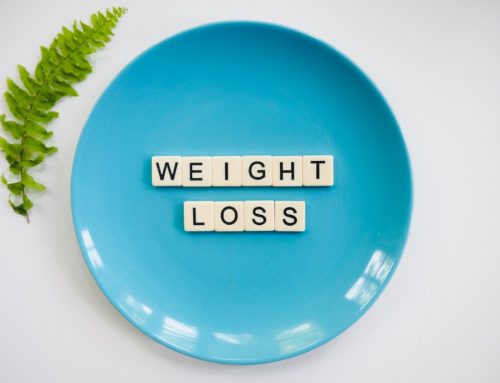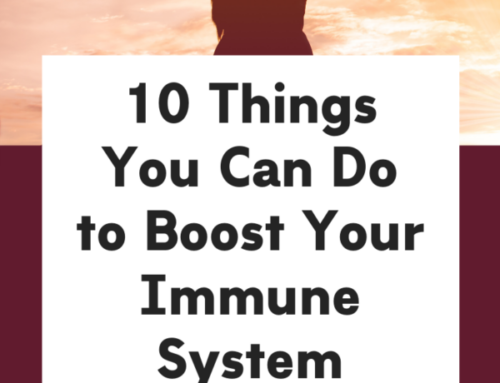We hear a lot about the importance of calcium and magnesium to our health. I’ve attended several seminars recently where this was emphasized. One presenter said he checks for calcium, magnesium, and other minerals on all his clients. Why are minerals so important to us? They assist the body in energy production – minerals contain no calories or energy. They work with vitamins and enzymes to fuel all our metabolic processes. Our health cannot be optimized if these processes are impaired.
In the month of February we think of Valentine’s Day and hopefully heart health. Magnesium and calcium are two of the most important minerals for a healthy heart and cardiovascular system.
Another presenter stated that 74% of the US population is deficient in magnesium. In preparing for this article, a quick Google search reveals another website saying 80%. Quick searches state similar high numbers for calcium deficiency.
Why so much deficiency? My answer is simple. Minerals come from plants that are grown in healthy mineral rich soil or from animals that ate plants that are grown in this soil. The first problem is that plants (vegetables) are under-consumed in most American diets. The second problem is that most of the plants are grown in nutrient depleted soil. There are many studies showing the significant drop in the vitamin content of our vegetables and fruits compared to pre-1950 levels. And the third problem is that most of the animals are not eating healthy plants!
My last article described the healthiest foods to eat. If you missed it, you can find it on my blog The Road to Better Health Starts with Food: https://brwellness.com/nutrition-news/?p=661.
Now, let’s take a closer look at these two essential minerals.
Magnesium
Magnesium is one of the most important minerals to the body. It is needed for over 300 different bodily processes. Magnesium aids in enzyme activation. Enzymes make everything happen in the body!
It helps metabolize blood sugar and produce cortisone. Keeping your blood sugar levels under control is the key to health! Another important role of magnesium is to support healthy nerve and muscle function. It works with calcium to keep the nerves firing and the muscles moving! It is involved in nerve signal transmission, muscle contraction, and heart rhythm. Along with calcium and phosphorus it is one of the 18 nutrients critical to forming and maintaining bones and teeth.
Magnesium helps prevent heart attacks by regulating the neuromuscular activity of the heart and maintaining normal heart rhythm. It helps prevent calcium deposits, kidney stones, and gallstones. Magnesium is needed for proper Calcium and Vitamin C metabolism. And, it has been found to aid in bowel regularity.
A shortage of magnesium can show up in a variety of emotional symptoms such as nervousness, tension, and confusion. On a physical level it can result in tremors, muscular excitability, gallstones, kidney stones, or constipation. It has also been linked to blood clots in the heart and brain, along with brittle bones.
As you can see, this is definitely something we need to consume! Magnesium is found in many vegetables. The highest amounts are found in artichokes, avocadoes, legumes (black beans, green beans, navy beans, pinto beans), nuts and seeds (cashews, pumpkin seeds, sesame seeds, sunflower seeds), dark green vegetables (broccoli, spinach, Swiss chard), organ meats, seafood (halibut, salmon, shrimp), and tomatoes.
If you drink alcohol or eat a lot of sweets, you need to keep a close watch on your magnesium levels as alcohol and sugar deplete magnesium in the body.
Calcium
Calcium is one of the most talked about minerals and for good reason. It supports strong bone structure, teeth, and muscle tissue, aids in blood clotting function, supports cardiovascular and nerve functions, and helps in normal functioning of many enzymes. We often hear about calcium deficiencies in conjunction with osteoporosis. As mentioned above it is one of the 18 nutrients required to build bones.
What else contributes to our calcium shortages? Would you believe soft drink (soda) consumption? The reason is that phosphorus is added to them. Phosphorus and calcium need to be in a specific relationship in our body. So, when we take in excessive phosphorus and don’t have sufficient calcium intakes, our body must take it from a storage location. You guessed it – the bones!
The best sources of calcium are of course from food. It is also a misconception that this has to come from milk. Leafy green vegetables are a great source of calcium. For calcium choose: bone meal, cheese (best are Cheddar, mozzarella, and Swiss), collard greens, flaxseed, liver, milk, molasses, mustard greens, sesame seeds, spinach, turnip greens, wheat germ and yogurt.
Bernard Rosen, PhD is a Nutrition Consultant and Educator. He works with individuals, groups, and at corporations to create individualized nutrition and wellness programs. His office is in Mequon. To learn more or to schedule an appointment, e-mail at bernie@brwellness.com, call (262) 389-9907 or go to www.brwellness.com.







